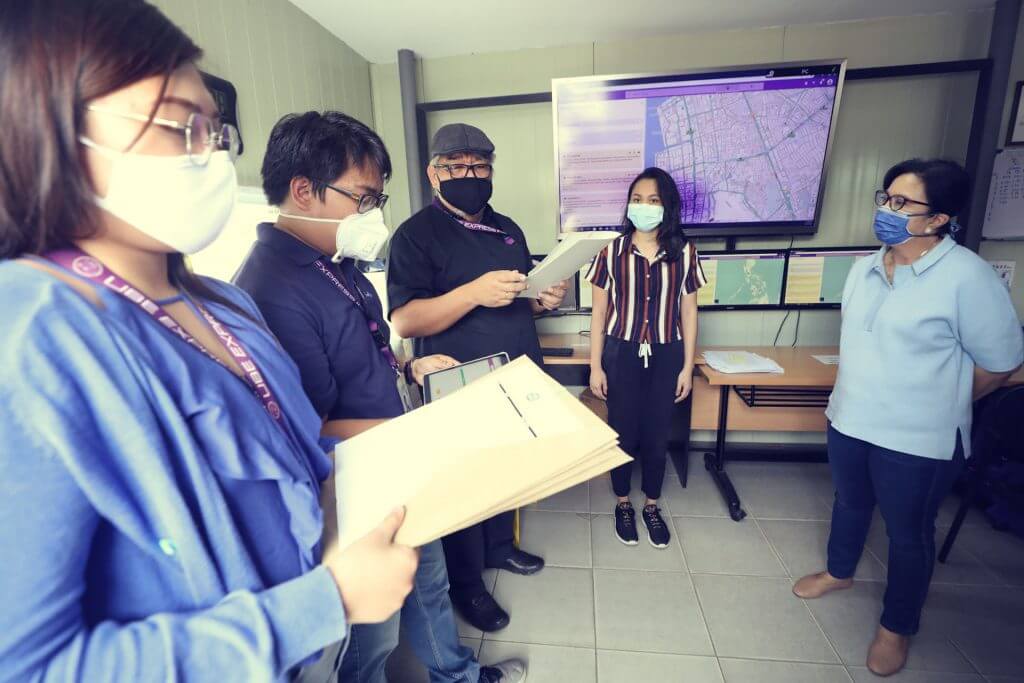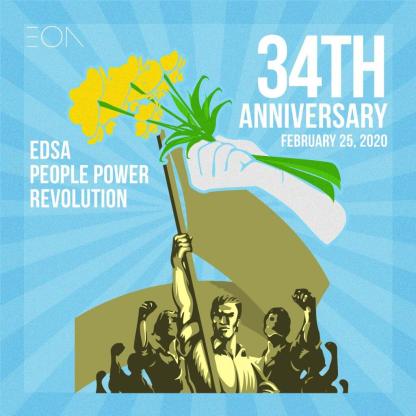For leaders in both the public and private sector, this is our moment of truth. In a matter of weeks, the COVID-19 pandemic has completely eroded our notion of normalcy. Businesses are suffocating with ceased operations, disrupted supply chains, and an unprecedented surge or drop in demand for which nobody has adequately prepared. When our management team sat down to create EON's COVID-19 business continuity plan in early March, the sheer scale and unprecedented nature of this crisis meant we had no one to look to who can say they have "been there, done that." So we chose to rely on our human instincts and our expertise as communicators.
We find ourselves grappling with a multitude of questions to which we don't have concrete answers. How might we ensure business agility and productivity to survive this crisis? How might we play a more valuable role in our customers' lives given the current situation? But also, how can we continue to provide ourselves, our loved ones, and perhaps even our own people with the most basic necessities of modern life, such as food and proper healthcare? By mid-March, all leaders were thrust onto a tightrope, balancing the need between maintaining economic and organizational stability and protecting the health and safety of their people.
If the last few weeks have taught us anything about leadership, it's that people need to come first in our decision-making processes, whether they are our employees, our customers, or anyone in our supply chain. This entails a mindset shift in the way we communicate and act: crisis should be seen as proactive reputation enhancement over reactive reputation defense. In this global health crisis, never has efficient and coordinated communication been more critical, and people are looking to brands to provide exactly that.

Vice President Leni Robredo paid a surprise visit to partners, volunteers, and drivers of her office's Free Shuttle Service for Frontliners
What Makes a COVID-19 Leader? Qualities for Effective Crisis Communication
Transparency. During these uncertain times, we saw the importance of speaking up early and truthfully with accurate information. With COVID-19, transparency is no longer a mere selling point to attract more discerning audiences-- it is now vital to our survival as a society. Employees, clients, suppliers, and constituents need to be informed, so they can act accordingly and take necessary precautions to mitigate the spread of infection.
Empathy. During the early days of the Community Quarantine, the online space started lashing out at influencers who berated Filipinos for refusing to stay home, called COVID-19 a 'blessing', and brushed off the quarantine as a chance for people to stay home and watch Netflix. Many have called them out for being insensitive and privileged towards those who can't afford to stay home -- our "no work, no pay" Filipinos. As leaders, we need to be able to understand the different perspectives of our stakeholders and their anxieties around COVID-19, in order for us to determine how we can play a more valuable role in their lives today.
Decisiveness. When we help our clients manage crises, we always tell them, "You cannot control what happens to you, but you can control what to do about it." During a crisis, what we can control is how to communicate both internally and externally. In the case of COVID-19, we are expected to act and communicate quickly. Learn how to deal with imperfect information during times of crisis and not be crippled by it. By being decisive and providing quick solutions and next steps to our stakeholders, not only do we help them gain a sense of control over their respective situations and mitigate the spread of fear and panic, we also reinforce the value of our brand.
Agility. There are no silver-bullet solutions in the face of a 21st century pandemic, more so the one we are facing today. Providing quick, preventive solutions is expected upon leaders, and with it, comes an understanding that many mistakes will inevitably be made. Lapses in judgment and errors will eventually be forgiven, as long as we remain upfront with our audiences and we use our learnings to bounce back with agility.
The Philippines is still finding its footing as the number of cases continues to rise exponentially. How can leaders actively utilize communication today, to manage a crisis that is still getting worse before it gets better?

Vice President Leni Robredo inspects her office’s repacking, sorting, and testing area for locally produced protective suits on Tuesday, April 21, 2020.
A. Activate your purpose. Go back to your organization's raison d'etre, key strengths and offerings, and channel them into messages and efforts that show how you continue to create value, help those in need, or take part in ending the epidemic. In the last couple of weeks, we have seen these proactive and purposeful efforts from both the private and the public sectors. Ligo and Coca-Cola are two known brands who have reallocated their entire advertising budget for COVID-19 relief operations, winning the approval of audiences. LGUs are stepping up and getting inspiration from one another on creative solutions to ensure access to food and transportation for their constituents. Even small businesses such as restaurants and fashion studios are using their talents to help provide food for our frontliners and design PPEs to address supply shortage.
B. Stay engaged with your customers. The whole process of communicating during a crisis is fluid. Customer needs can shift dramatically during crises such as this one, often from the rational to the emotional, and it is important for organizations to intercept that shift. In crafting new initiatives or promotions, be prudent in making sure these aren't seen as attempts to capitalize on a crisis or undermine public health efforts, but reinforce a message of solidarity with customers. Agencies need to stay relevant to their clients during these challenging times. Our role as consultants in a volatile and unpredictable environment is critical in ensuring that business for our clients thrives when conditions improve and, more importantly, that their reputation is protected throughout the entire journey, by helping them navigate turbulent waters through tools and capabilities that make the trade of communicators crisis-proof.
C. Prepare for the New Normal. We don't yet know when, but when this pandemic is over, things will run quickly, and our world will not go back to the way it was. Now is the time for all your organization's key leads to discuss how this pandemic might affect your business holistically-- how measures of productivity might have changed in a Work-From-Home setup, how customer behaviors and expectations subsequently shift following this month-long quarantine, and how the public might return to their daily routines with a renewed cautiousness about the actions and intentions of personalities and brands.
COVID-19 has made this much clear: the dogmas of brands and individuals alike are put to the test once the going gets tough. There is no better time to demonstrate what you stand for as an individual and as an organization. Using your expertise or brand capital to help during this crisis is not about commercial advantage or profit. Rather, it is about cementing your reputation and showing your true corporate values and citizenship to help society. Do your COVID-19 communications -- and more importantly, your actions -- truly reflect the purpose you have voiced out? Are you truly doing your part in bringing the Bayanihan spirit to life, and inspiring the same in your stakeholders? As leaders, it is also our duty to empower our stakeholders to channel this spirit and get through this crisis together. After all, it is the people who make an organization, populate a community and —make no mistake about it — build a nation.




